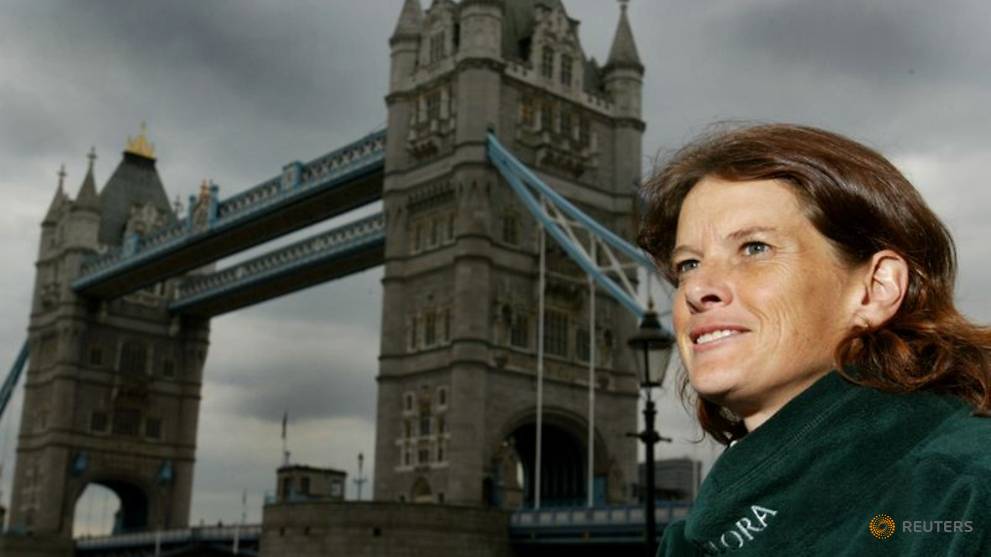
On this day: Born May 26, 1966: Zola Budd, South African athlete
Zola Budd fears her running career will be defined by one of the Olympic Games' most controversial moments, one that may unfairly detract from an incredible talent who still holds records unbeaten for almost four decades.
REUTERS: Zola Budd fears her running career will be defined by one of the Olympic Games' most controversial moments, one that may unfairly detract from an incredible talent who still holds records unbeaten for almost four decades.
Budd's clash with Mary Decker while an inexperienced 18-year-old at the 1984 Olympics in Los Angeles remains the most talked about moment of a career that drew plenty of press attention, at times bewildering for a teenager plucked from Apartheid South Africa and fast-tracked to run for Great Britain.
Those ghosts have long been laid to rest for Budd, who now resides in Myrtle Beach in the United States and until last year was the head cross country coach at the Coastal Carolina University.
The Daily Mail newspaper had campaigned for Budd, who had an English grandfather, to be handed British citizenship after she emerged as a teenage prodigy.
"Looking back, that was the worst decision of my life to run those Games," Budd tells Reuters.
"It was way too early in my career, I did not have enough experience running races at that level and I was still very young coming from South Africa.
"Emotionally I was not ready for an event like the Olympics, especially with the political upheaval and all the pressure around that."
Budd’s story made her a target for the tabloids, but when she clashed with home favourite Decker in the 3,000-metres at the 1984 Games and the American tumbled to the floor, the youngster became a household name around the world.
Opinion remains divided over the incident, but Budd was in front of Decker in the leading pack when their legs became entangled and according to race officials was not to blame.
Decker, who later conceded there was no malice in the incident, could not continue after her fall, and Budd faded to finish seventh.
"At that time there was nothing else happening with the Russians (USSR) not competing at those Olympics, so the American media had to find something to hype up the Games," Budd says.
"Obviously me and Mary (as favourites) was a good story for them. The whole incident went overboard in the press.
"I felt then that even if I had won the gold medal, it wouldn't have mattered because I would still be branded an outcast. I couldn't win either way, so for me the 1984 Games were a lose-lose situation."
But Budd rebounded and had the best years of her career in 1985 and 1986.
"People think my career ended after 1984, but I then won the World Cross Country Championships twice.
"I raced with Mary on quite a few occasions, and she helped me run all my best times. I don't want to be defined by '84, but I think it is what people mostly remember."
Budd later competed for South Africa in the 3,000-metres at the 1992 Olympics in Barcelona, but having been laid low with tick bite fever in the build-up, she failed to qualify for the final.
She still holds junior world records in distances ranging from the mile to 3,000 metres some 35 years after they were set.
(Reporting by Nick Said; Editing by Hugh Lawson)